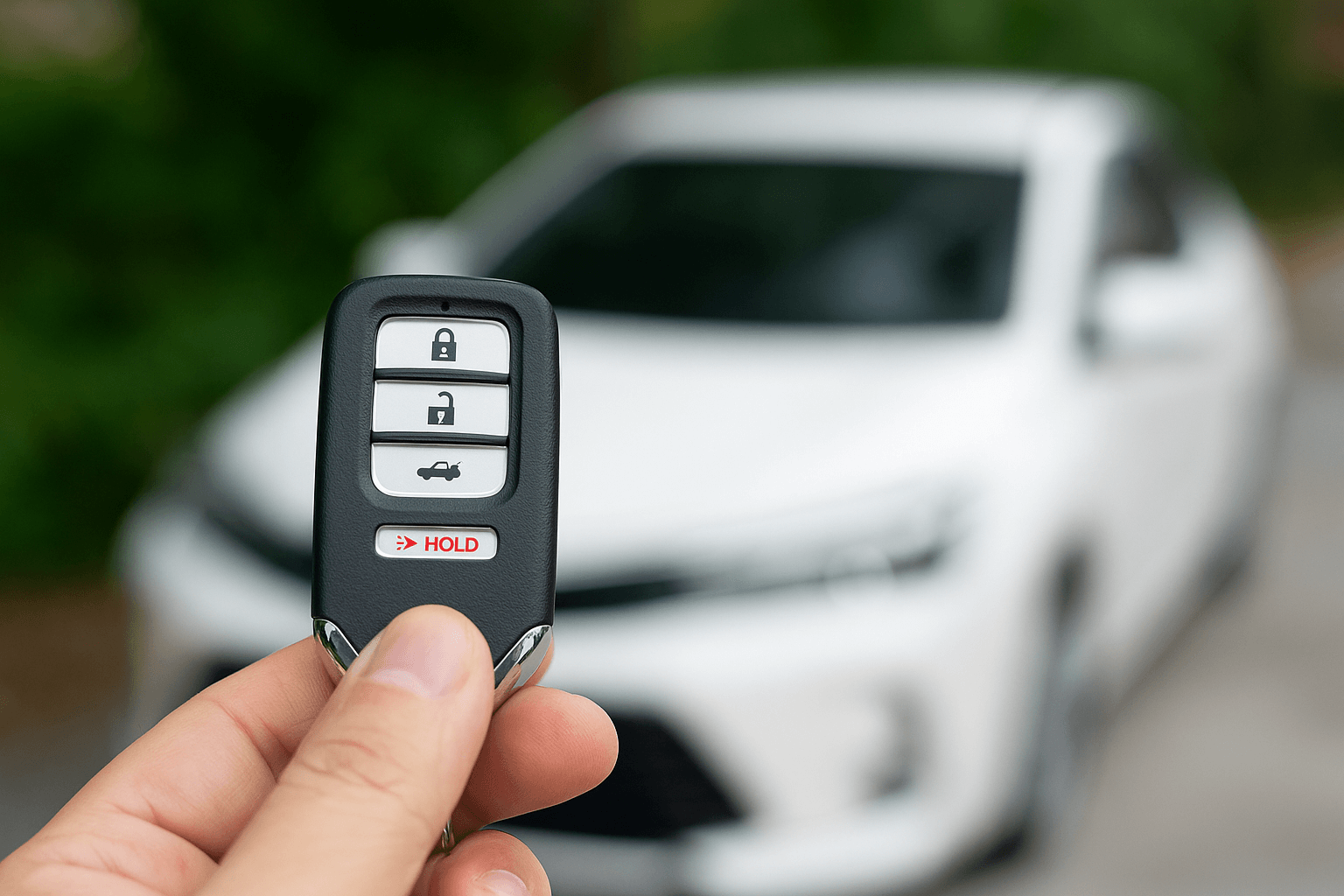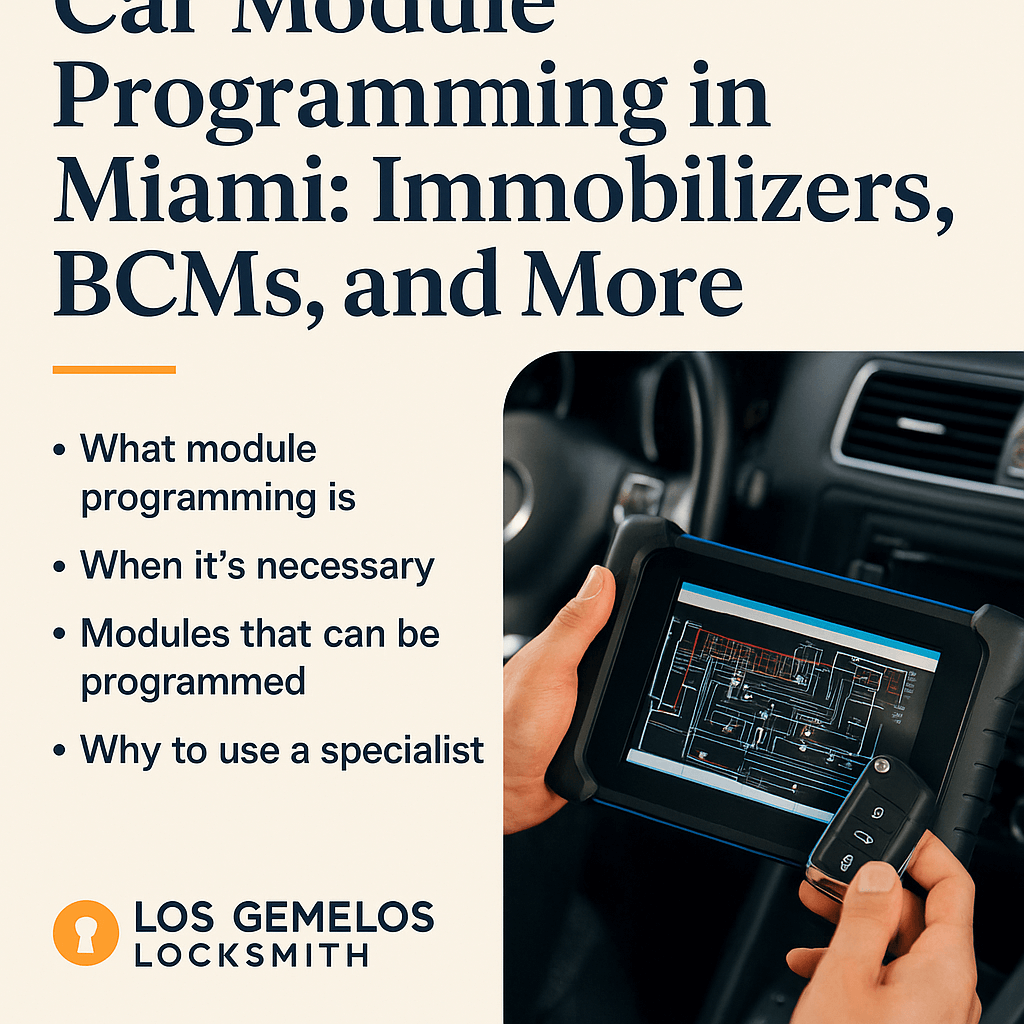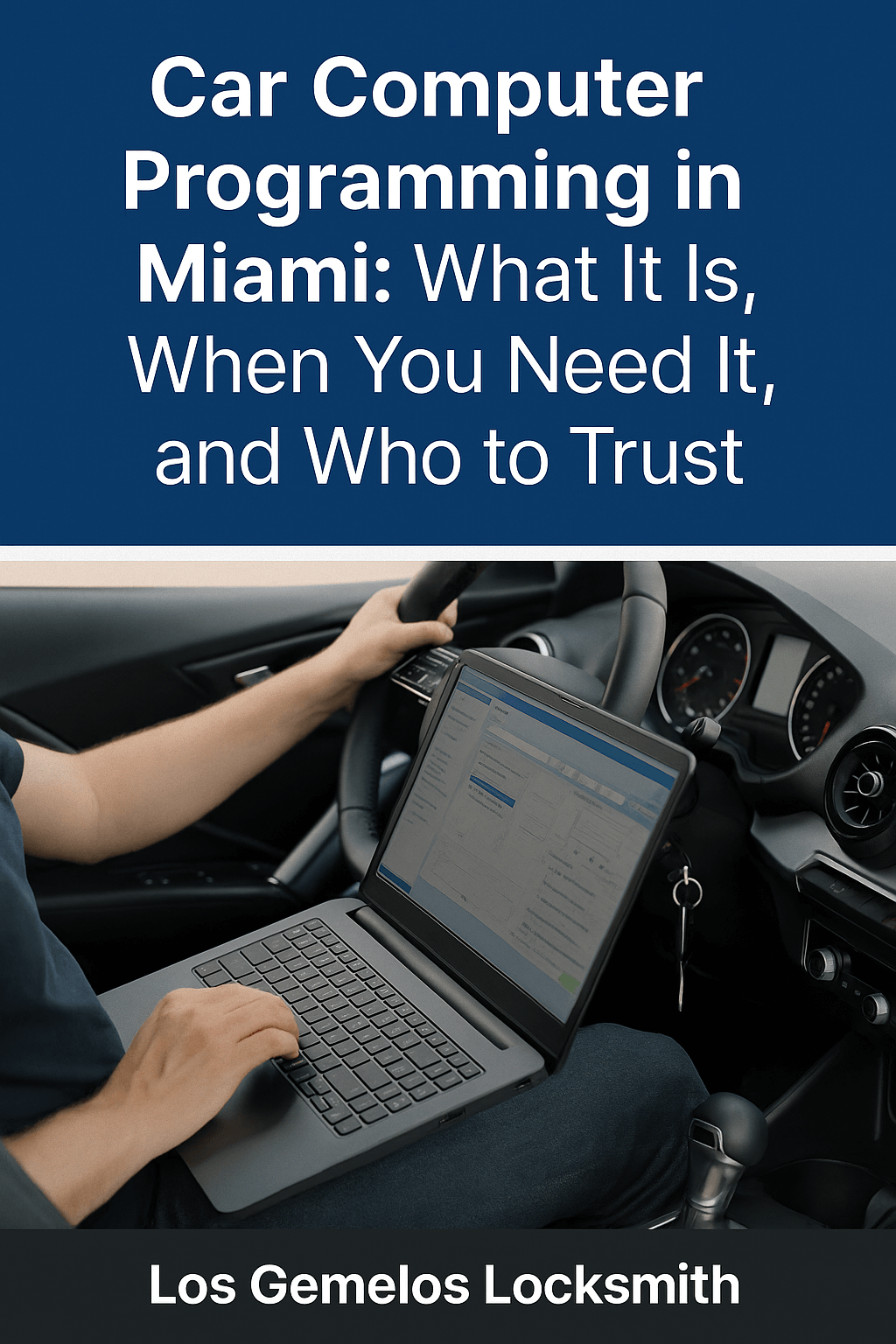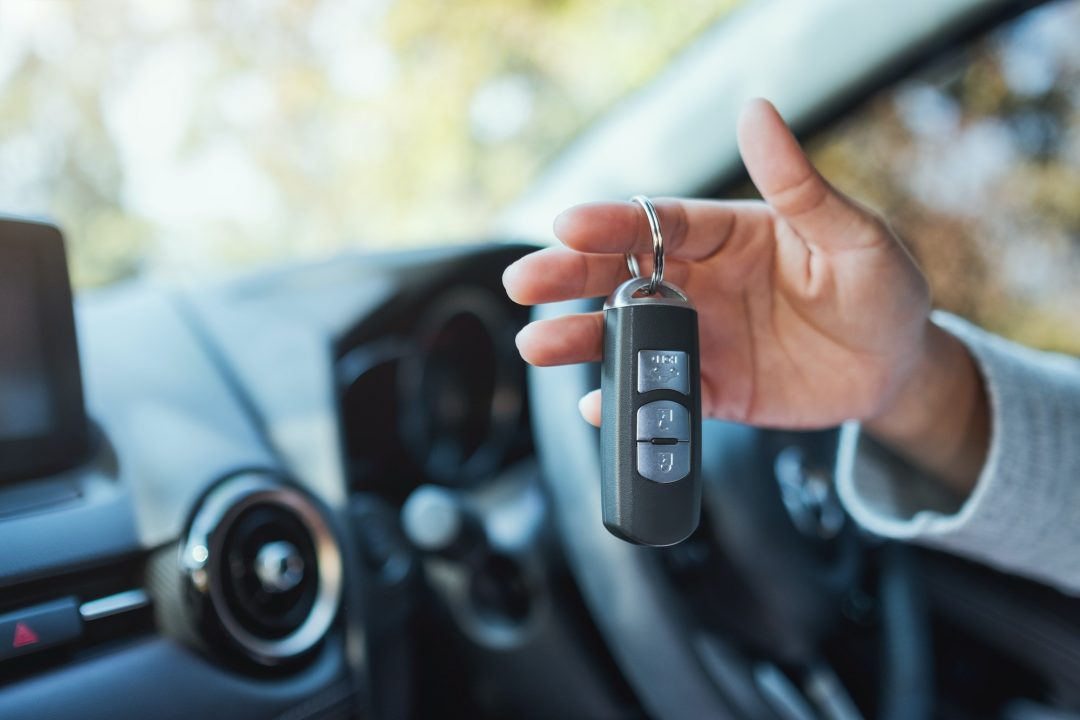Hybrid vehicles combine traditional combustion engines with electric power systems, creating a complex interplay of components controlled by sophisticated computer systems. As hybrid technology advances, the potential for computer-related issues increases. Understanding the best practices for diagnosing and managing these issues is crucial for maintaining optimal vehicle performance and extending its lifespan.
Call (305)860-1440 For 24/7 Service
Key Computer Systems in Hybrid Vehicles
- Hybrid Control Module (HCM):
- Manages the integration of the electric motor and combustion engine, ensuring efficient power delivery and energy regeneration.
- Battery Management System (BMS):
- Monitors and manages the health, charge levels, and temperature of the hybrid battery pack.
- Powertrain Control Module (PCM):
- Oversees engine and transmission functions, optimizing the vehicle’s overall powertrain efficiency.
Common Hybrid Vehicle Computer Issues
- Software Glitches:
- Symptoms: Unexplained decreases in fuel efficiency, erratic power delivery, or unexpected error messages.
- Causes: Outdated software or conflicts within the system’s firmware.
- Sensor Malfunctions:
- Symptoms: Incorrect readings can lead to suboptimal battery usage or engine performance.
- Causes: Faulty sensors or poor connections that disrupt data transmission to the computer.
- Battery Performance Issues:
- Symptoms: Reduced electric range or frequent switching to the combustion engine.
- Causes: Degradation of battery cells or errors in the BMS.
Best Practices for Troubleshooting and Repair
- Regular Software Updates:
- Action: Keep all computer systems up-to-date with the latest software versions provided by the manufacturer. These updates can fix known bugs and improve system compatibility.
- Diagnostic Scans:
- Action: Use advanced diagnostic tools designed for hybrid vehicles to read and interpret the specific error codes related to hybrid system components.
- Sensor Checks and Calibration:
- Action: Regularly check the condition and functionality of all sensors. Calibrate them as recommended by the vehicle manufacturer to ensure accurate data feedback.
- Battery Health Assessment:
- Action: Conduct regular diagnostic tests on the hybrid battery pack to monitor its condition and preemptively address any potential issues.
- Professional Training and Tools:
- Action: Ensure that all maintenance and repairs are performed by technicians trained specifically in hybrid vehicle technology, using the appropriate diagnostic tools and methods.
Preventive Measures
- Educate Owners: Hybrid vehicle owners should be knowledgeable about their vehicle’s specific needs and the signs of potential computer issues.
- Regular Maintenance Schedule: Adhere to a maintenance schedule that includes checks of the electrical and computer systems to catch issues before they lead to more significant problems.
- Use Genuine Parts: When replacements are necessary, especially for sensors and batteries, use OEM parts to ensure maximum compatibility and performance.
FAQ
Q: What makes hybrid vehicle computer systems different from conventional cars? A: Hybrid vehicles have additional computer systems like the HCM and BMS that manage the integration of electric and combustion engine components.
Q: Can I handle hybrid vehicle computer issues on my own? A: Due to the complexity of hybrid systems, it is recommended to seek professionals with specialized training in hybrid technology for most issues.
Q: How often should the computer systems in a hybrid vehicle be checked? A: It is advisable to conduct system checks as part of regular vehicle servicing, at least annually, depending on the manufacturer’s recommendations.
Conclusion
Handling computer issues in hybrid vehicles requires a combination of advanced diagnostic tools, regular software updates, and specialized knowledge. By following these best practices, vehicle owners and technicians can ensure that hybrid vehicles operate efficiently and continue to offer both environmental and economic benefits.







